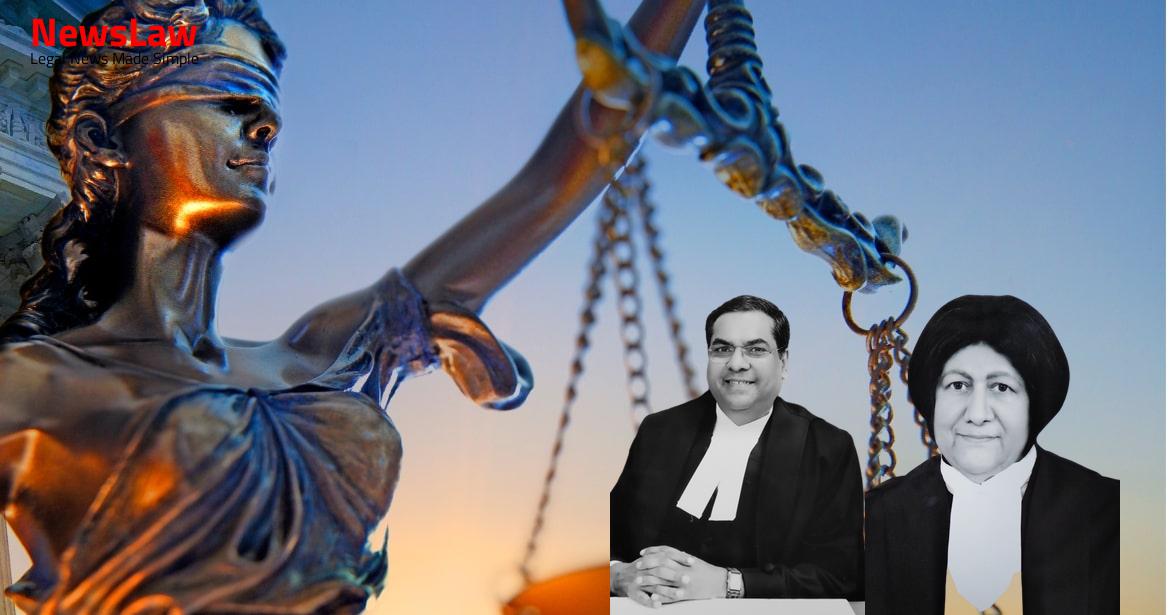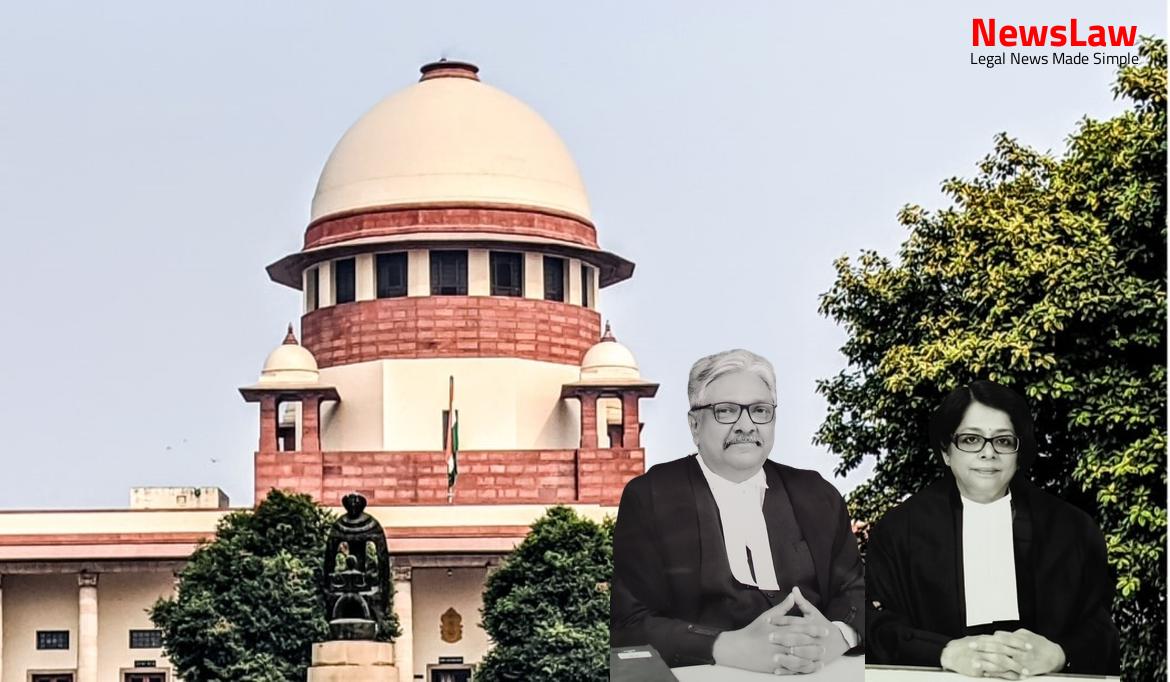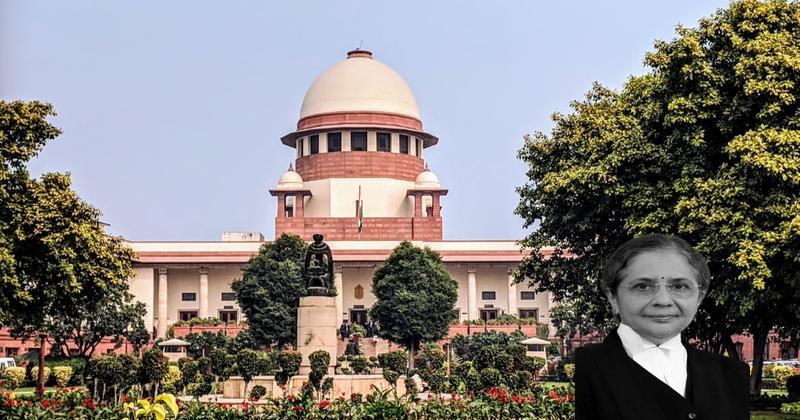Explore the intricate legal analysis conducted by the High Court regarding the interpretation of recruitment rules in judicial appointments. The judgment delves into the historical context of the rules, amendments, and the requirement for adherence to annual appointments as mandated by previous rulings and governing principles. This blog post emphasizes the significance of aligning recruitment processes with constitutional principles and sheds light on the complexities surrounding vacancies, notifications, and appointments within the judicial service. Stay tuned for a nuanced perspective on the intersection of rules and judicial appointments.
Facts
- The Single Judge of the High Court held that Rule 7(2) of the Kerala Judicial Service Rules, 1991 (as amended in 2019) mandates filling up vacancies within a year from the approval of the select list by the Governor from the list of candidates, even if it exceeds the initially notified probable vacancies.
- The judgment emphasized that appointments should be made based on the vacancies as of 1 December to ensure appointees can join on 2 January of the following year.
- A corrigendum was issued deleting the term ‘probable’ vacancies from the notification, allowing for appointments exceeding the initially notified vacancies.
- Special rules governing the selection and appointment process of Munsiff-Magistrates were highlighted, with the High Court unable to deny appointments based on recruitment timeline issues.
- The Division Bench affirmed a judgment directing the appellant to forward an additional list of candidates for approval and appointment as Munsiff-Magistrates.
- The judgment clarified that appointments could be made beyond the probable number of vacancies advertised in the notification inviting applications.
- The appellant submitted that appointments of Munsiff-Magistrates should not be limited to the initial thirty-two vacancies but should consider all vacancies that have arisen or may arise within one year of the merit list notification.
- There were two petitions filed in May 2020 before the High Court citing that multiple vacancies for the post of Munsiff-Magistrate had arisen post the notification date of 07 May 2020, which were not initially specified.
- All selected candidates are currently undergoing training.
- Eight vacancies were specifically notified under the NCA category.
- The respondents, who were the original petitioners, argued that as per Rule 7(2) amended from 14 January 2019, all vacancies emerging within a one-year period after the Governor’s approval of the merit list should be filled from the approved list.
Also Read: Electoral Malpractices in Mayor Election
Issue
- Two issues to be determined in this appeal
- Issue (i): Whether Rule 7 of the Kerala Rules, 1991 complies with directions in Malik Mazhar Sultan (3)
- Issue (ii): Whether candidates from the merit list approved by the Governor can be appointed to vacancies exceeding those specified in the notification within one year
Also Read: Balancing Power and Transparency: Electoral Bonds Struck Down, Disclosure Mandated
Arguments
- The appellant argues that interpreting Rule 7(2) of the Kerala Rules, 1991 to fill up all vacancies arising within one year of its approval would contradict the directions in the Malik Mazhar Sultan (3) case.
- The appellant contends that vacancies arising within one year from the approval of the merit list by the Governor cannot be filled beyond the notified vacancies.
- The respondents argue that under Rule 7(1), a probable number of vacancies is notified, and since an exact number is not specified, there is no constitutional bar in exceeding the probable vacancies notified.
- The submission by the respondents attributes a meaning to ‘probable number of vacancies’ which goes against basic principles of service jurisprudence and equality of opportunity in public employment under Articles 14 and 16 of the Constitution.
- The argument is to interpret the rule in a way that upholds the principle of equality of opportunity in public employment and does not result in appointments exceeding the vacancies that are notified.
Also Read: Recall of Resolution Plan Approval: Legal Analysis
Analysis
- Rule 7(2) of the Kerala Rules, 1991 required filling up vacancies existing on the date of appointment.
- The vacancies notified include those existing on 15th January of the selection year and anticipated vacancies.
- A harmonious interpretation of Rule 7(2) and judicial dictum indicates filling all existing vacancies.
- There was a significant delay in filling judicial vacancies for over two years.
- Amendment to Rule 7(2) mandates filling vacancies from the approved merit list within a year.
- The amendment is a departure from the previous rule and allows filling up vacancies arising after the merit list is approved.
- Appointments can be made from a subsisting merit list against vacancies arising after notification.
- Selection and appointment to judicial posts must adhere to existing judicial service rules as per various court decisions.
- Vacancies arise due to retirement, promotions, resignations, deaths, and other imponderables.
- Attempts by candidates to seek appointment based on vacancies not notified are not permissible.
- Appointments must be made as per existing rules and statutory provisions.
- The reservation policy needs determined vacancies to be effectively implemented.
- Recruitment processes initiated annually must strictly follow notification of vacancies and appointment guidelines.
- Restricting the selection field to 10 percent of candidates for written examinations was found to be violative of prior court decisions.
- Selection processes for public posts must align with constitutional principles of equality under Articles 14 and 16.
- The judgment discusses the interpretation of Rule 7(1) of the Kerala Rules 1991 in the context of the expression ‘probable number of vacancies.’
- It highlights the need to harmonize Rule 7(2) of the Kerala Rules with the directions given in the Malik Mazhar Sultan (3) case, emphasizing an annual selection process.
- The implications of including future vacancies in a recruitment cycle are examined, and clarity is sought on the concept of ‘probable’ vacancies in recruitment notifications.
- The Court discusses the implications of anticipating vacancies due to retirement, death, or promotion, and addresses the various categories of vacancies as defined by the rules.
- An evaluation of past judgments and the reasons behind decisions related to the adherence to selection rules and yearly processes is presented.
- The High Court’s role and the constitutional principles governing judicial service appointments are significant points of consideration in the analysis.
- The judgment delves into the historical context of the rules, amendments, and the requirement for adherence to annual appointments, as mandated by previous rulings and governing principles.
- These points are crucial in determining the disagreement between the appellant and respondents regarding the interpretation and application of recruitment rules.
- Respondents have no right to claim any equity regarding delayed selection for the subsequent year
- Granting relief to respondents purely on basis of delayed selection would be impermissible
- Allowing such a claim would be a legal and constitutional error
- Vacancies for 2020 must be allocated to candidates selected in 2020, not to those from 2019
- Candidates from 2019 selection who ranked lower cannot claim vacancies of subsequent years
- High Court judgment cannot be sustained
Decision
- Petitions filed by respondents before High Court dismissed.
- Appeals allowed and impugned judgment set aside.
- No order as to costs.
- Pending applications disposed of.
Case Title: THE HIGH COURT OF KERALA Vs. RESHMA A. AND ORS. ETC. (2021 INSC 15)
Case Number: C.A. No.-003974-003975 / 2020



